Law 13.964, which came into effect on January 23 and originated from the so-called “anti-crime” package, was the major highlight of 2020 in Criminal Law. Despite its reputation for being punitive, this new law introduced important criminal and procedural guarantees into the Brazilian legal system.
Author: Fernanda Tórtima
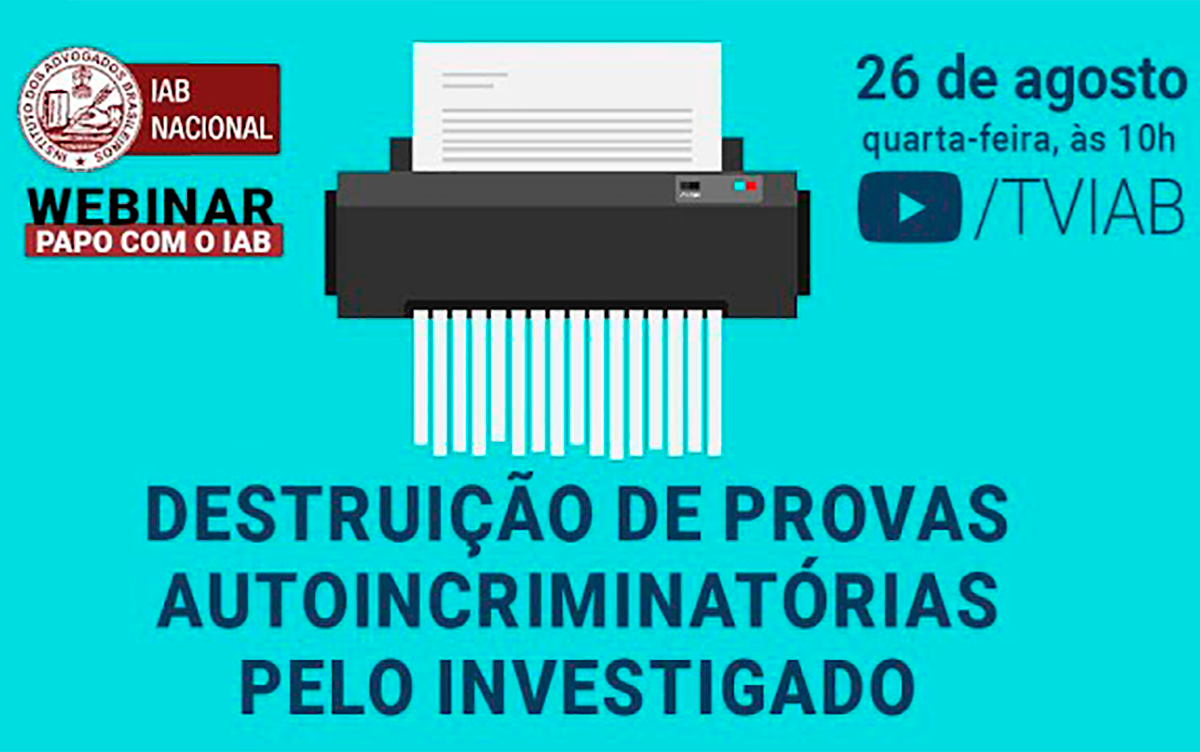
Fernanda Tórtima discusses the destruction of self-incriminating evidence in an IAB webinar
Our partner Fernanda Tórtima participated on August 26 in a webinar organized by the Brazilian Lawyers Institute (IAB). The discussion addressed the topic “Destruction of Self-Incriminating Evidence by the Investigated Party” and featured Regional Federal Prosecutor Leonardo Cardoso de Freitas as a co-panelist.

The Brady doctrine and the duty of the prosecution to disclose essential evidence to defendants
If the ultimate purpose of criminal procedure in a democratic rule of law is to promote a fair trial, as we believe it to be, it is inconceivable that our Federal Constitution would require anything less from the Public Prosecutor’s Office than to ensure that fair trials, in practice, are effectively realized.
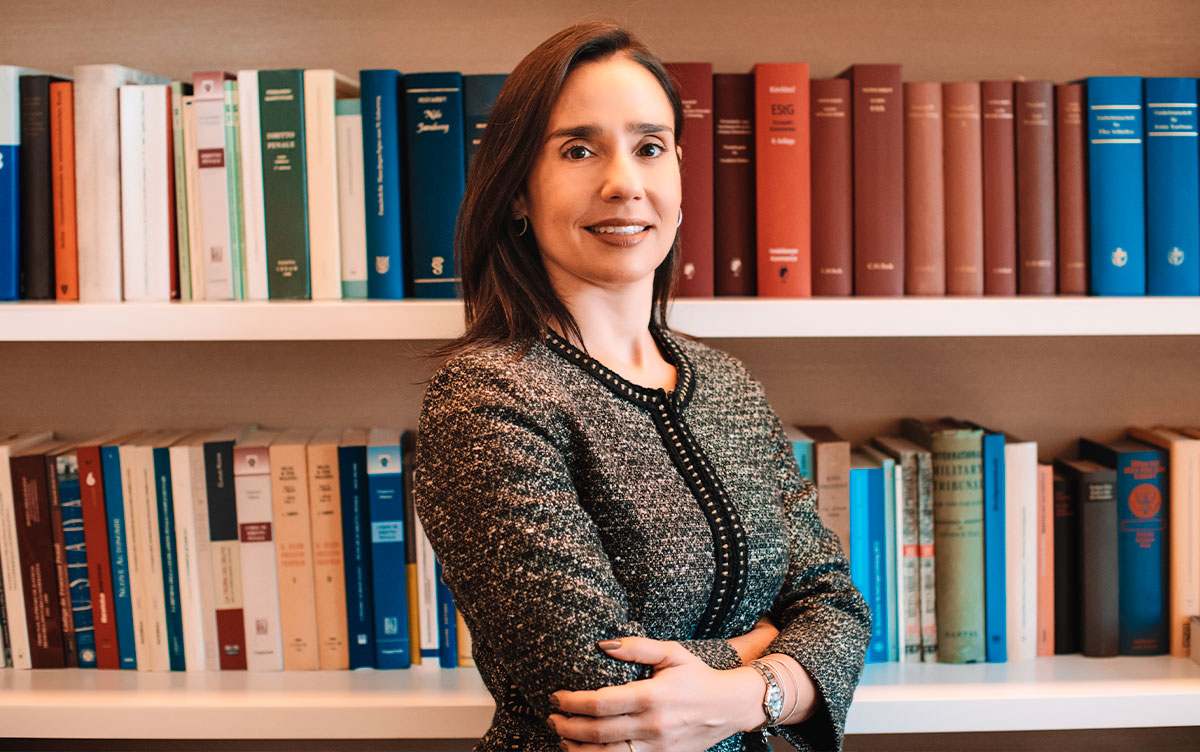
Fernanda Tórtima: Moro seeks admission to the Bar Association Sacerj Bulletin | July 2020
Our partner, Fernanda Tórtima, was interviewed in the latest bulletin of the Society of Criminal Lawyers of the State of Rio de Janeiro (SACERJ). She provided her insights on the former judge and minister Sergio Moro’s intentions to join the Brazilian Bar Association (OAB), analyzing the potential repercussions of actions taken by public officials and the current legislation in force.

When the state freezes everything: criminal precautionary measures against assets
It is necessary to balance, on the one hand, the interest in criminal prosecution and the strict administration of justice, and, on the other, the survival of the business entity.
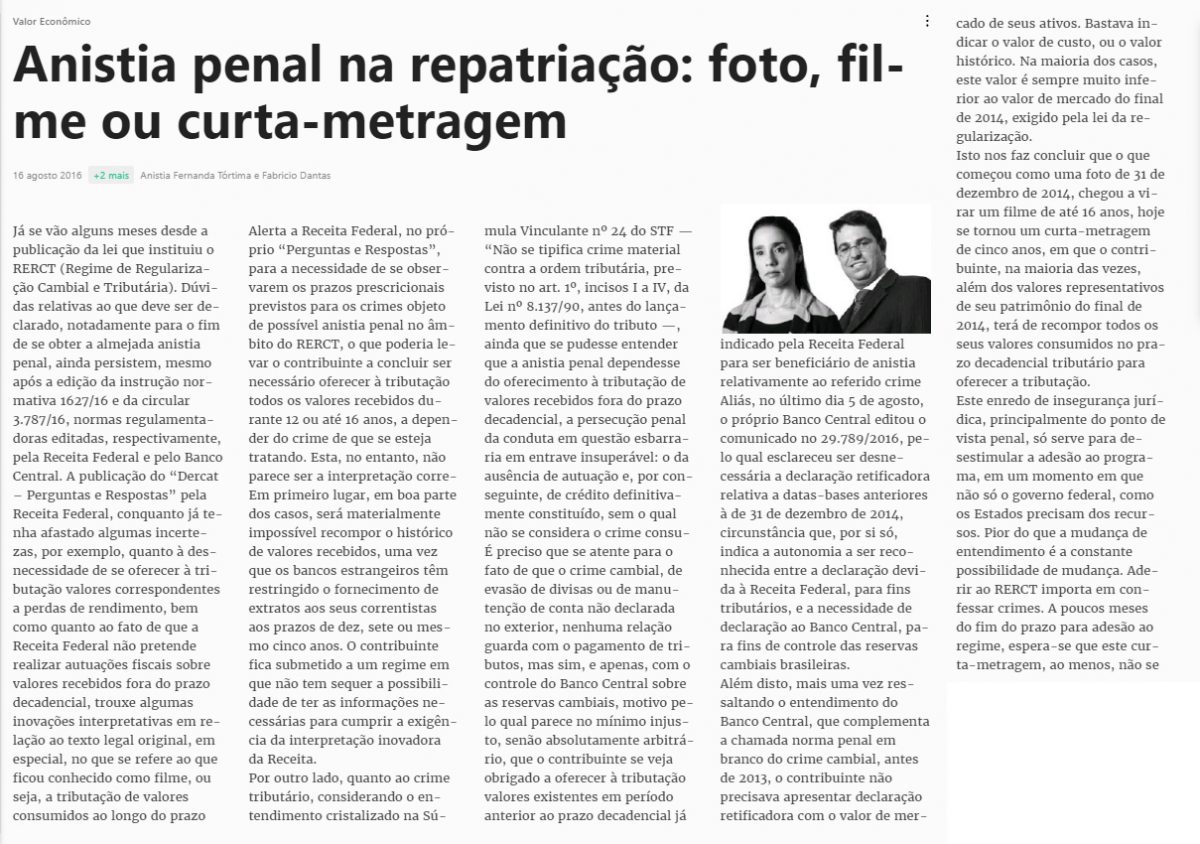
Amnesty and tax repatriation: photo, film, or short film
A few months have passed since the enactment of the law establishing the RERCT (Regime of Exchange and Tax Regularization). Yet, doubts persist regarding what must be declared, especially to secure the sought-after criminal amnesty, even after the publication of regulatory guidelines like Normative Instruction 1627/16 by the Federal Revenue Service and Circular 3.787/16 by […]
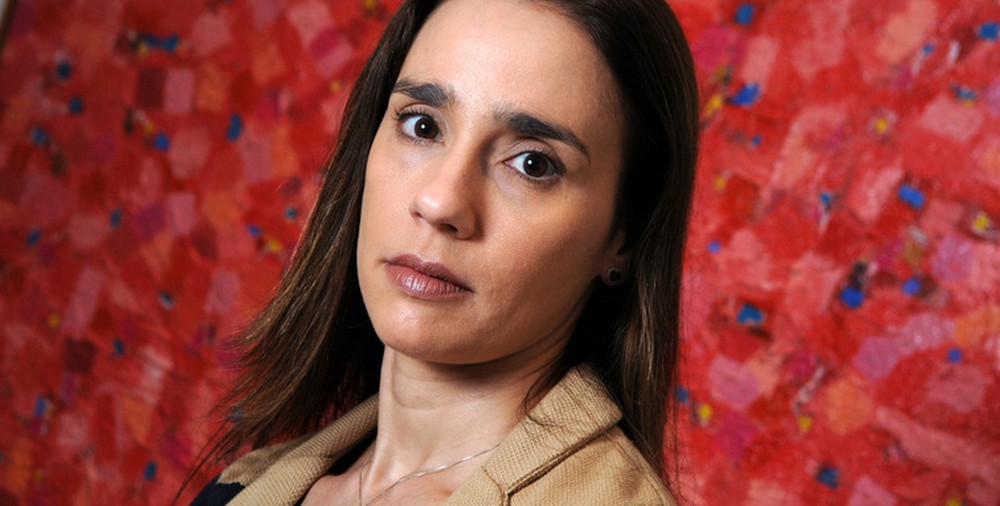
Operation Car Wash highlights a new generation of lawyers
The Operation Car Wash (Operação Lava-Jato) revolutionized the standards of criminal investigation in Brazil and brought forth a new generation of criminal lawyers, shifting the spotlight away from the old guard, primarily represented by the names that took the stage during the Mensalão trial. The most recent high-profile episode of Operation Car Wash involved a plea bargain negotiated by attorney Fernanda Tórtima.
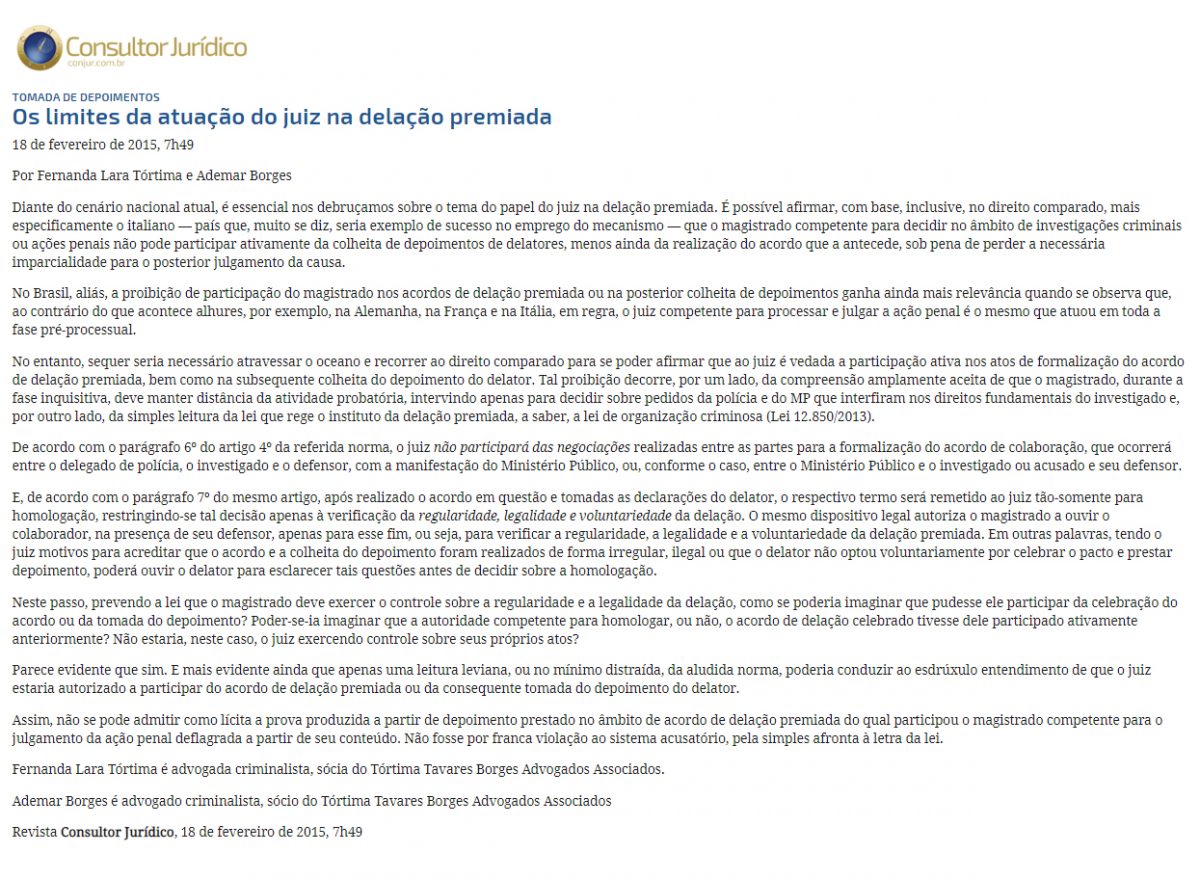
The limits of a judge’s role in plea bargaining
Given the current national context, it is essential to reflect on the role of judges in plea bargaining. Based on comparative law, particularly the Italian system—which is often cited as a successful example of using this mechanism—it is clear that the judge responsible for deciding in the context of criminal investigations or prosecutions must not […]
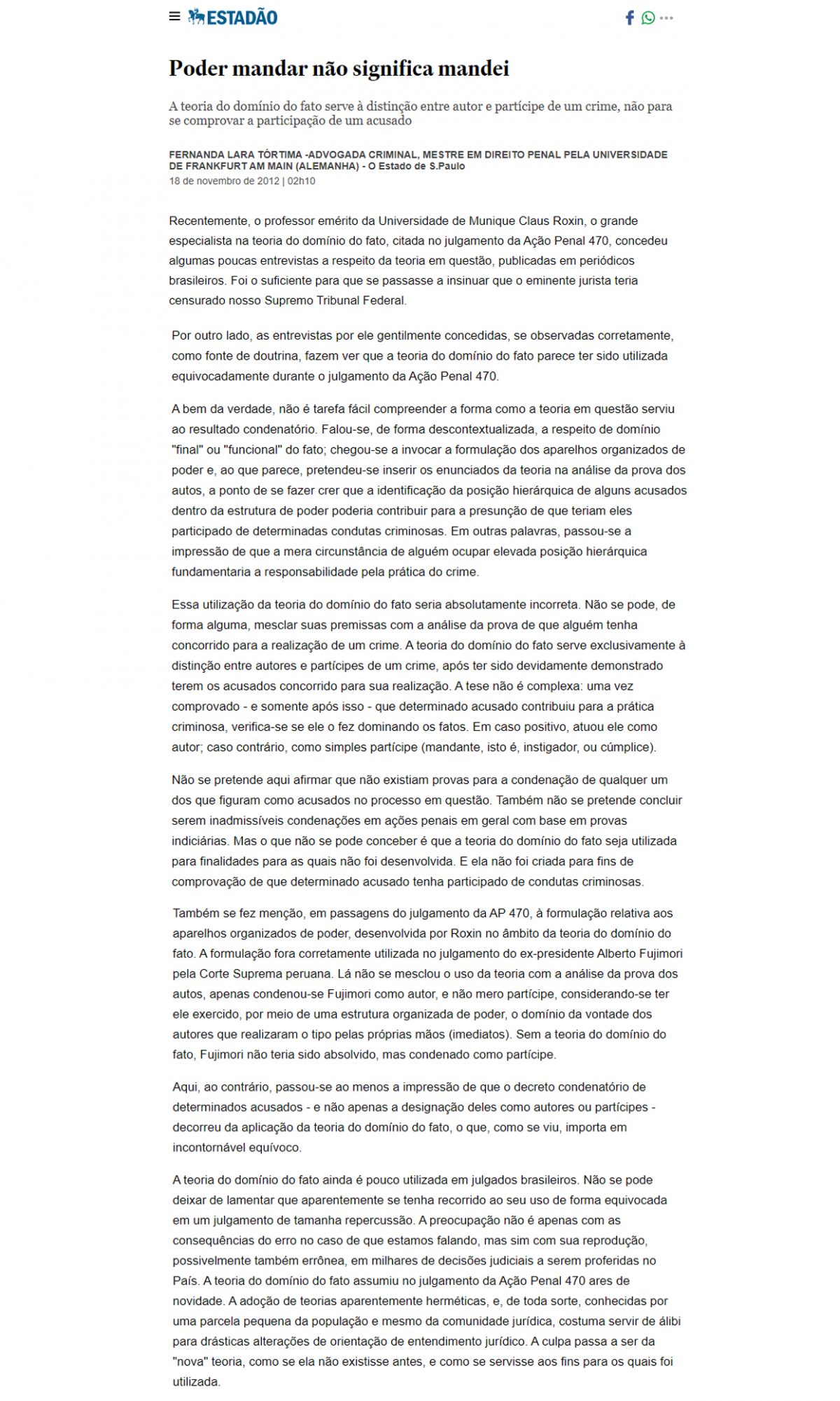
Being able to act does not mean acting
Recently, Claus Roxin, the emeritus professor at the University of Munich and the foremost expert on the theory of control over the act, which was cited during the trial of Criminal Case 470, granted a few interviews on the topic to Brazilian publications. This was enough to spark suggestions that the eminent jurist had censured […]
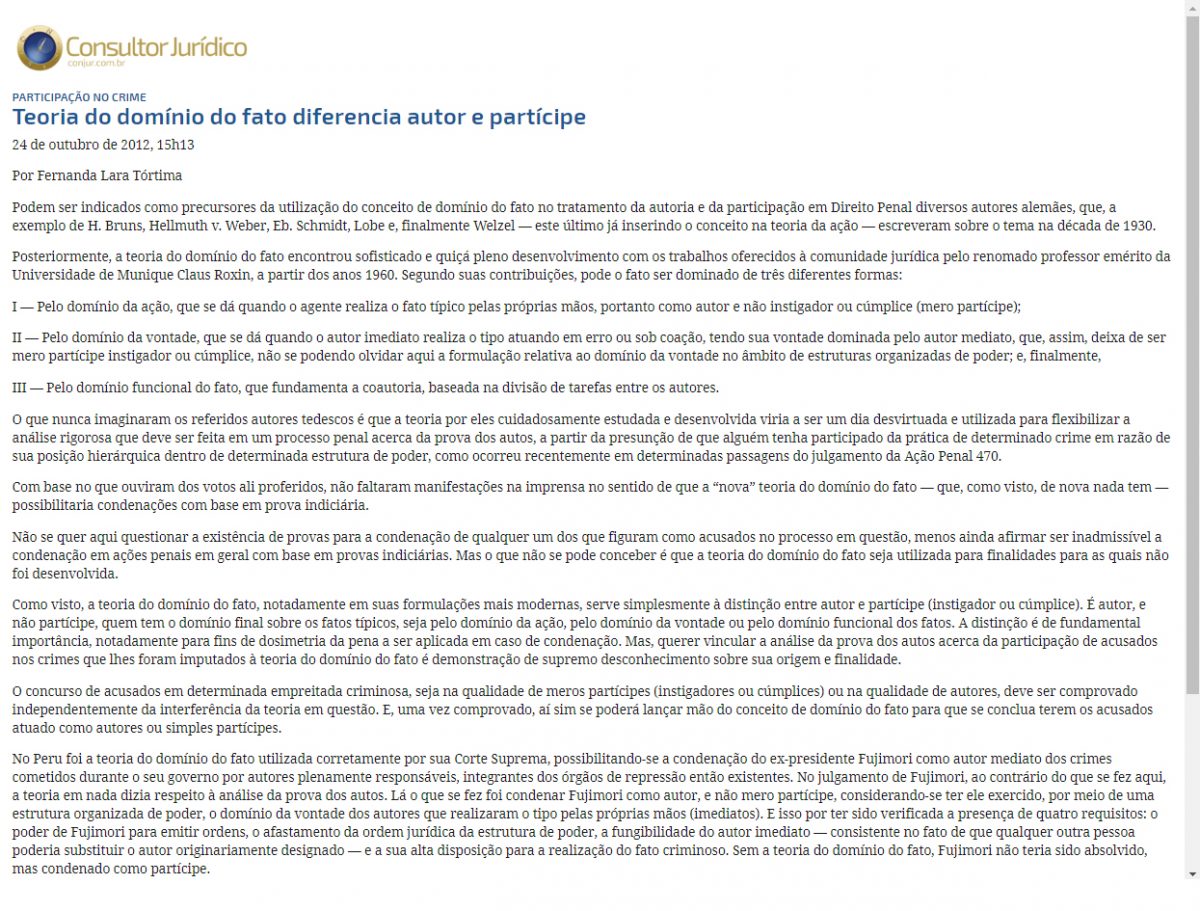
Theory of control over the act differentiates between principal and accomplice
The use of the concept of control over the act to distinguish between principal and accomplice in criminal law was pioneered by several German authors, including H. Bruns, Hellmuth v. Weber, Eb. Schmidt, Lobe, and eventually Welzel. In the 1930s, Welzel incorporated the concept into action theory. Later, the theory of control over the act […]

